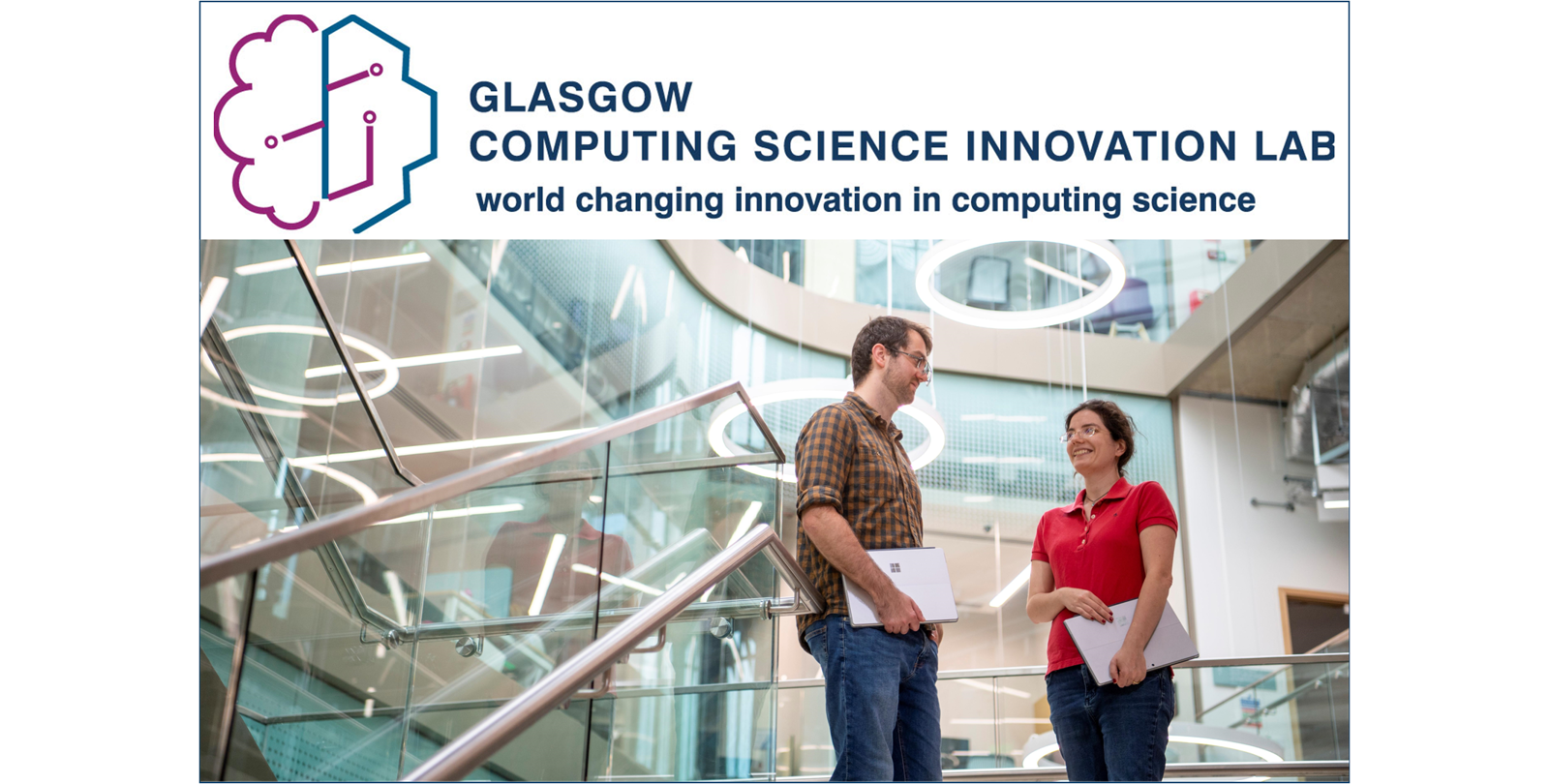International Data Flows partners with University of Glasgow
GLACSIL
The University of Glasgow has launched the Glasgow Computing Science Innovation Lab (GLACSIL) to further strengthen ties between research and industry partners.
International Data Flows attended the launch event as one of the six companies (International Data Flows, Bell Nokia Labs, BT Research, Thales, Moodagent and DotPhoton) that have already established collaborative links with the school via jointly-funded research projects and PhD sponsorship.

University of Glasgow Computing Science
Jill Dykes, GLACSIL's co-director, highlighted the University of Glasgow's long history with computing science and innovation:
"The University of Glasgow has always been at the cutting edge of computing science. We were the first Scottish university to establish a computing science department, and the first in Scotland to install an electronic computer back in 1957. We have been working closely with partners in industry to help realise the real-world potential of computing science research ever since, while generating world-class socioeconomic impact."
Professor Phil Trinder, GLACSIL's academic lead and co-director, said:
"Our ambition with GLACSIL is to build a culture that effectively bridges the gap between fundamental research and real-world application.
That's why we're starting relatively small with companies that we already have a close relationship with, so we can build an innovation lab with a shared research culture, enabling new opportunities for collaboration and a frictionless exchange of knowledge.
Ultimately, the goal is to make GLACSIL accessible to companies of all sizes who could benefit from working closely with our academics. We're looking forward to developing GLACSIL as an important part of Scotland's thriving research and innovation culture in the years to come."